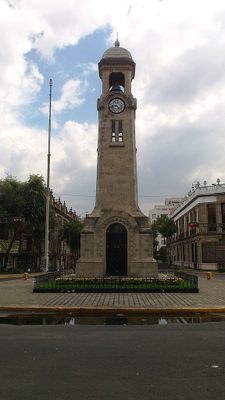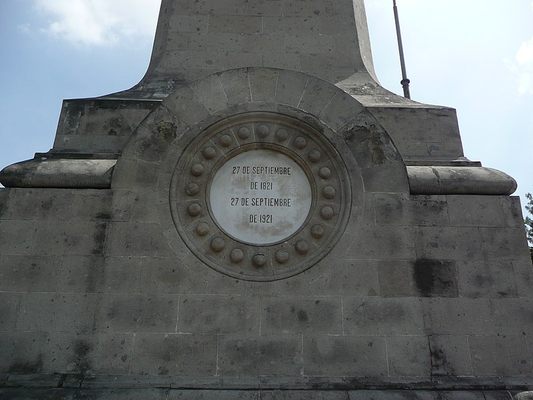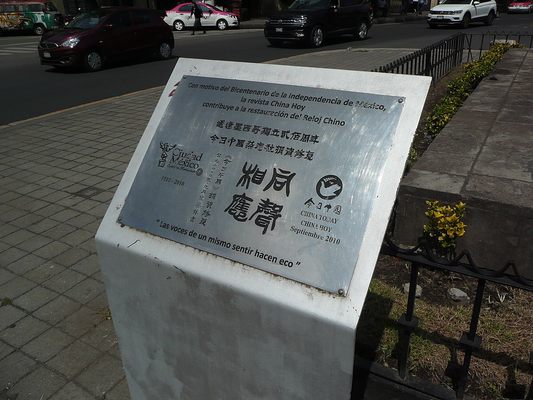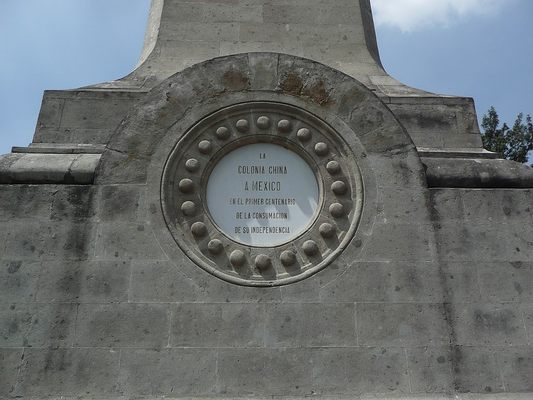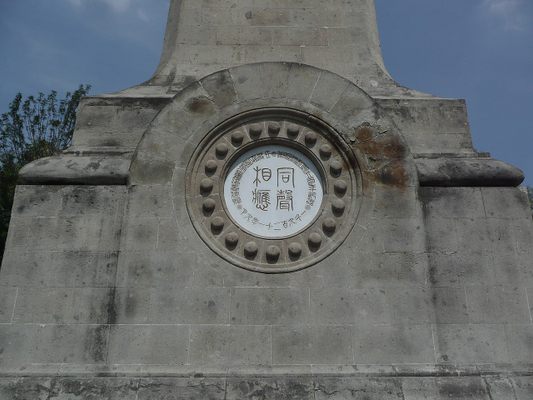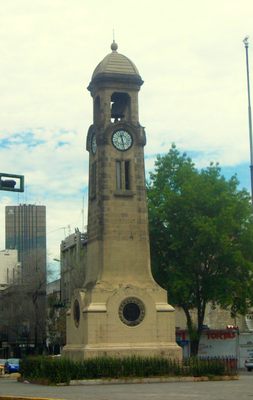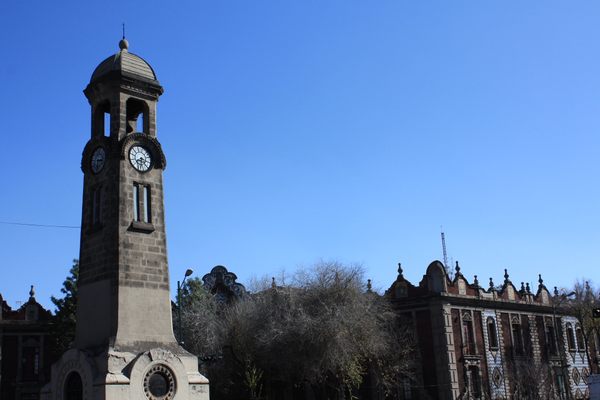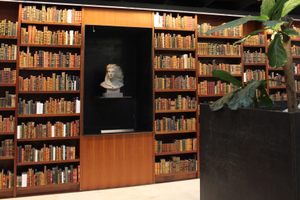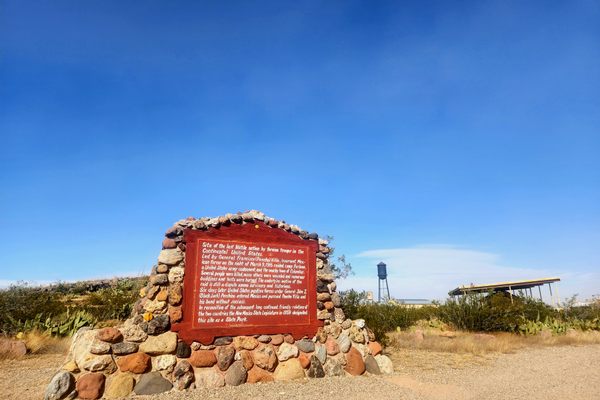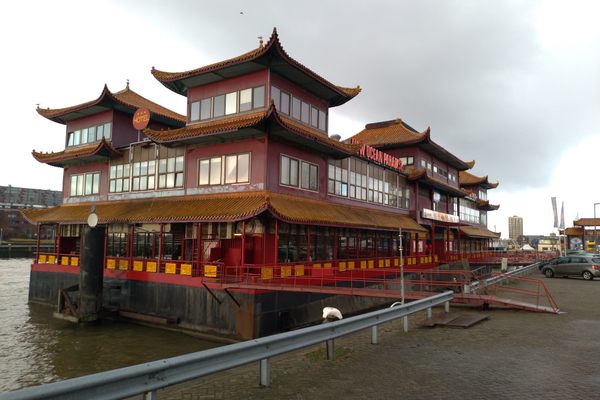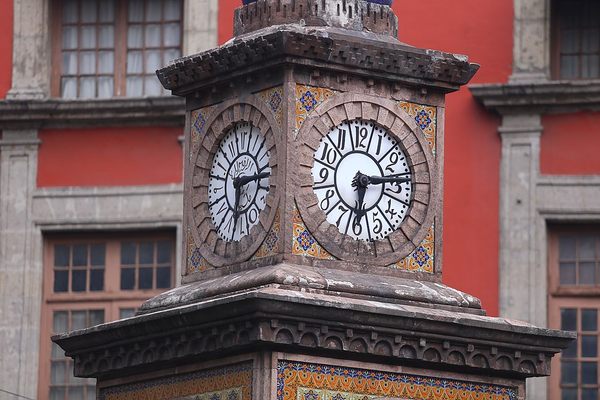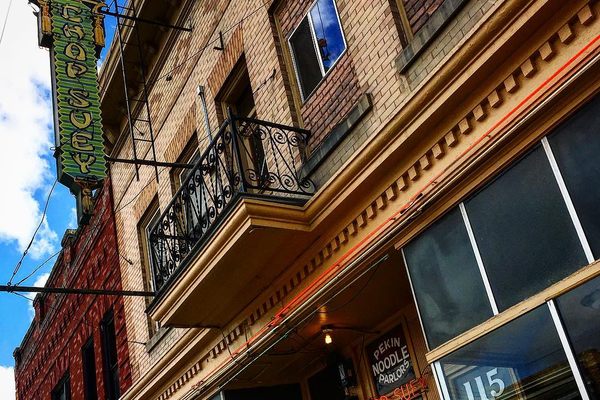About
Between Mexico City’s Ottoman Clock and Chinese Clock, it may seem that all anyone gives Mexico to celebrate their independence is clocks. But beyond celebration, both clocks are also symbols of gratitude towards Mexico for their acceptance of migrants during the early 19th and 20th centuries.
The Lebanese and Turkish governments gifted their clock in 1910 to commemorate the centennial of the beginning of Mexico's War of Independence; thus, the last imperial government of China gifted this clock in 1921 to mark the Centennial of Mexico’s victory and full independence from Spain. A look at the timing, however, may suggest some ulterior motives.
While the Arab and Ottoman/Turkish migrant communities were generally accepted and successful across Mexico, East Asian migrants typically faced greater difficulties. Chinese migrants in particular were targeted in many deadly, racist attacks throughout northern Mexico. That’s partially due to the fact that after the U.S. passed the 1882 Chinese Exclusion Act, many Chinese laborers who had planned to enter the U.S. through Mexico instead settled in cities near the border. Later, when nationalistic factions emerging in the 1910 Mexican Revolution had leveraged xenophobic sentiment across Mexico, violence honed in on these cities with larger Chinese populations. In the Torreón Massacre of 1911, for example, armed nationalists killed over 300 Chinese men and women. (In 2021, Mexico's President Andrés Manuel López Obrador presented an official apology for the massacre.) With this timing in mind, China’s gifting of this stately clock—in addition to the fact that funds were raised by Chinese migrants living in Mexico—may have been less of a celebratory gesture than a diplomatic one.
In the years since, Chinese-Mexican populations have rebounded and integrated across the country. The year 2010 saw a new Centennial celebration for the War of Independence, as well as the first Centennial of the Revolution. This was also the year that the Chinese Clock was restored and rededicated with support from the diasporic magazine China Today/China Hoy. It is now featured prominently in the only remaining traffic circle on Mexico City’s Bucareli Avenue.
Related Tags
Published
February 22, 2022
Sources
- https://apnews.com/article/health-coronavirus-pandemic-d6202bf787c39865f743490221de2d7a
- https://thecity.mx/venues/chinese-clock/
- https://digitalscholarship.unlv.edu/cgi/viewcontent.cgi?referer=&httpsredir=1&article=1030&context=award
- http://cdmxtravel.com/en/attractions/chinese-clock.html
- https://go.gale.com/ps/i.do?id=GALE%7CA581175088&sid=googleScholar&v=2.1&it=r&linkaccess=abs&issn=15572021&p=AONE&sw=w&userGroupName=nysl_oweb&isGeoAuthType=true
